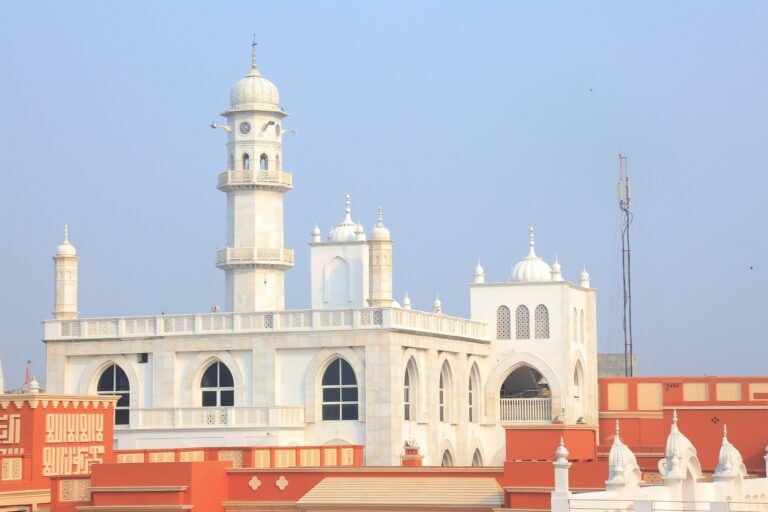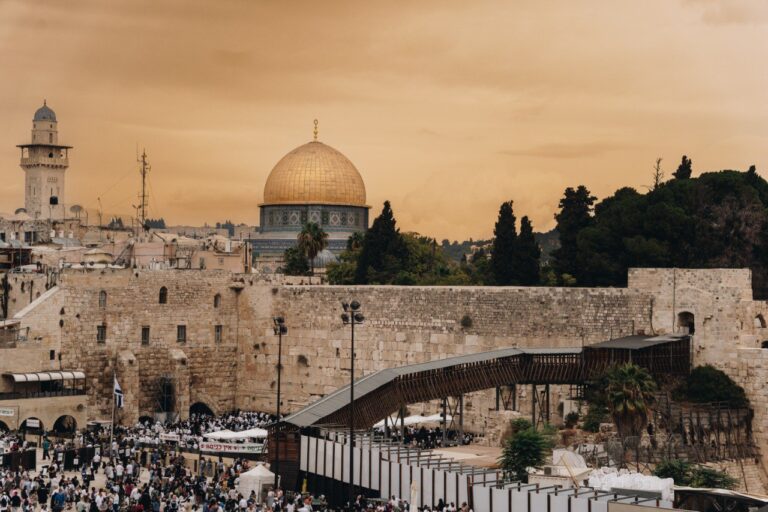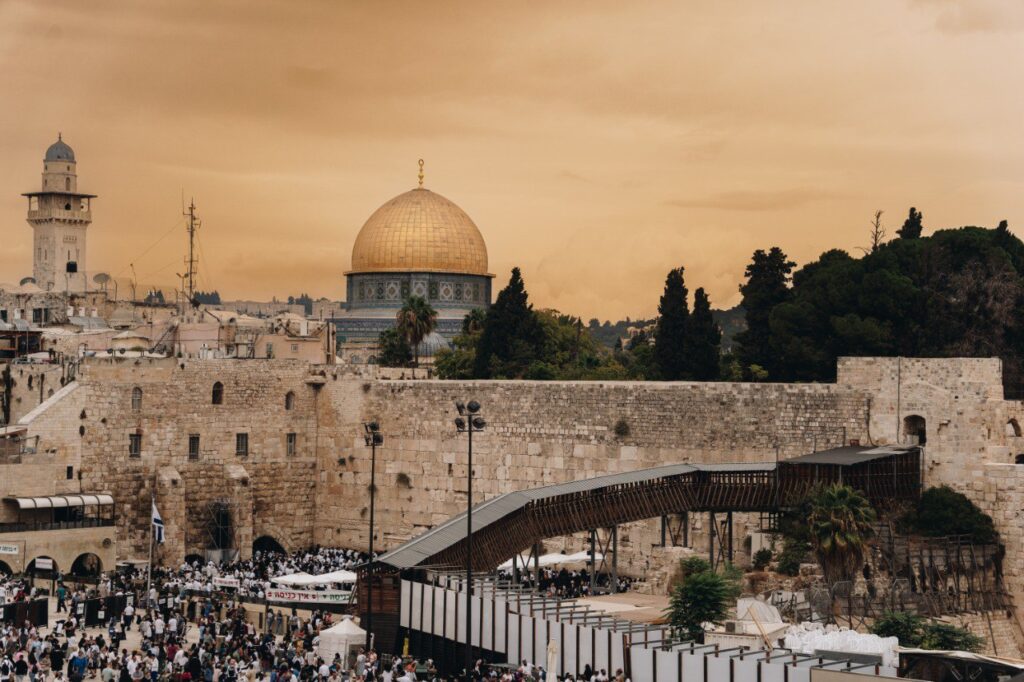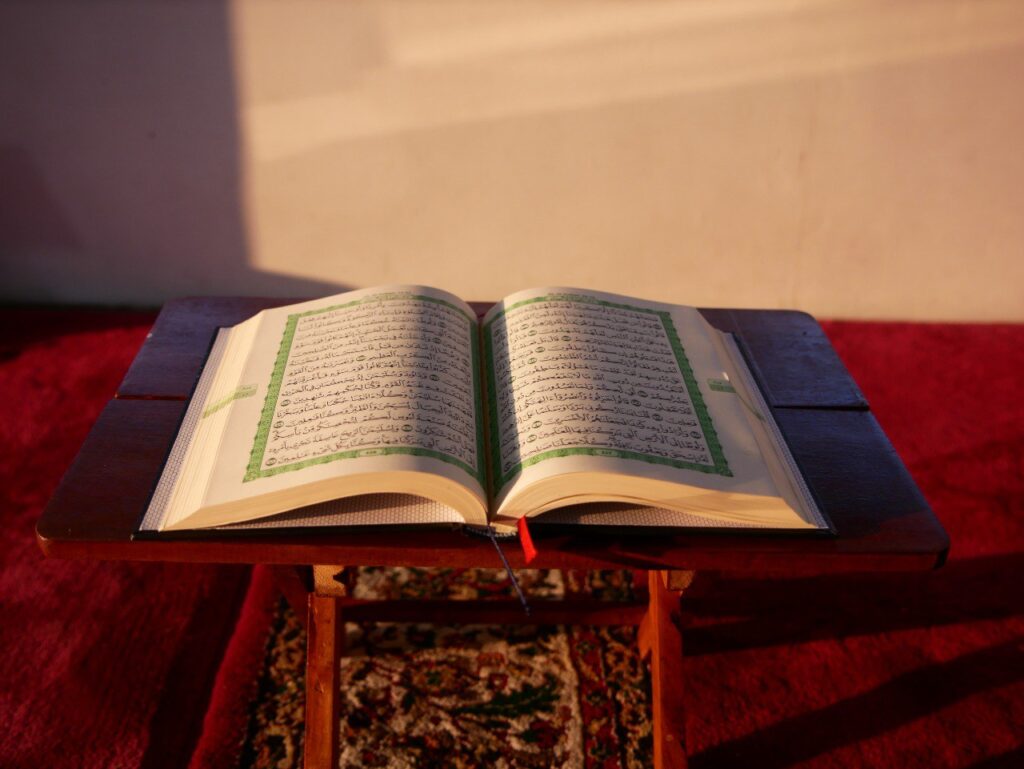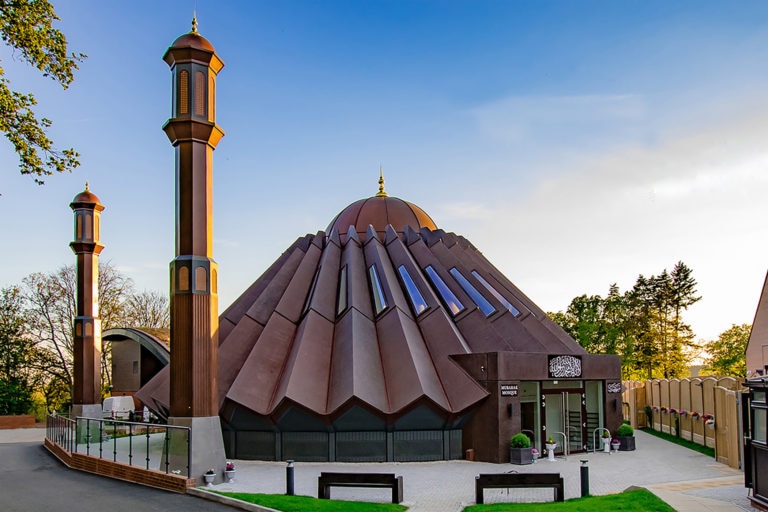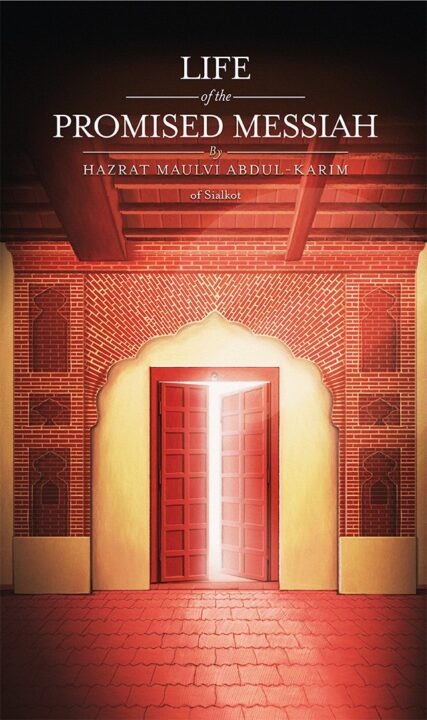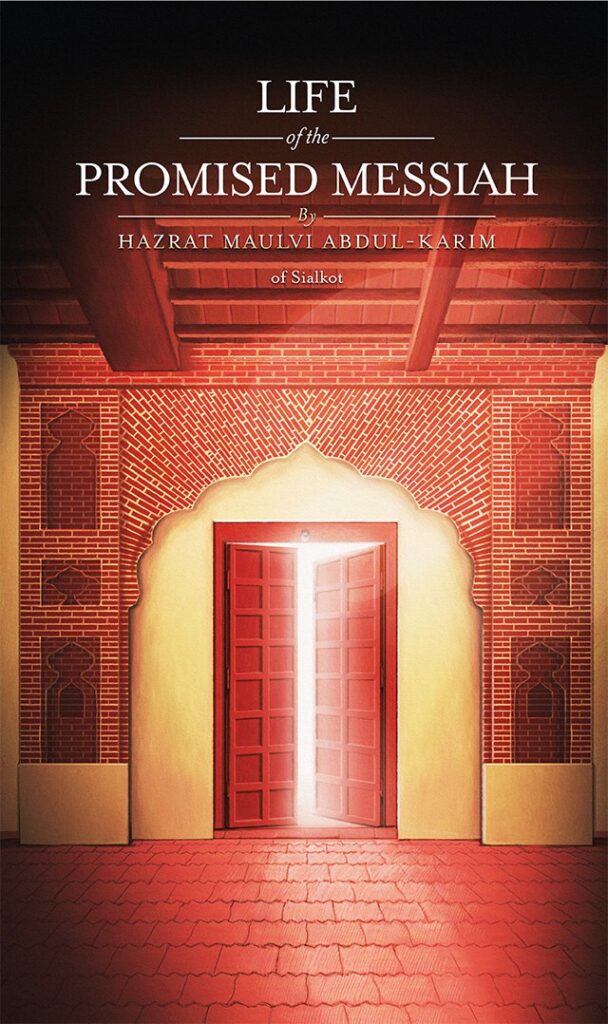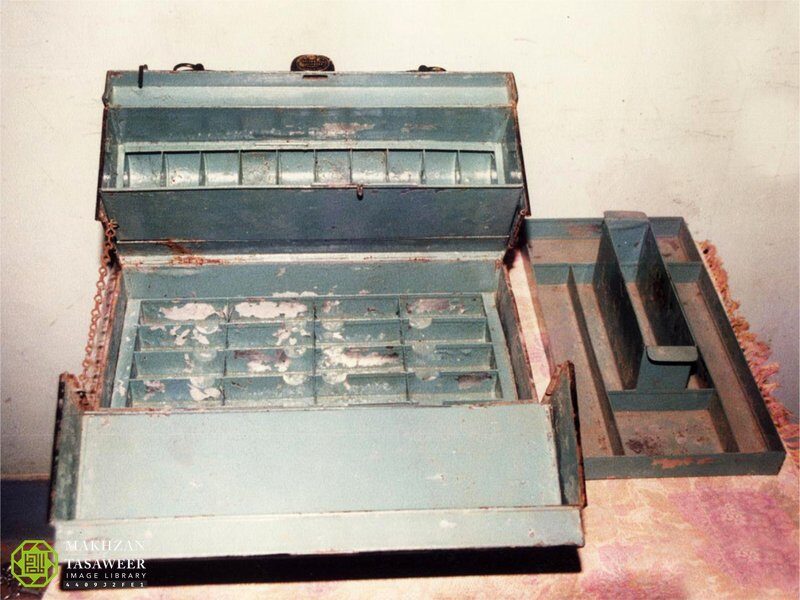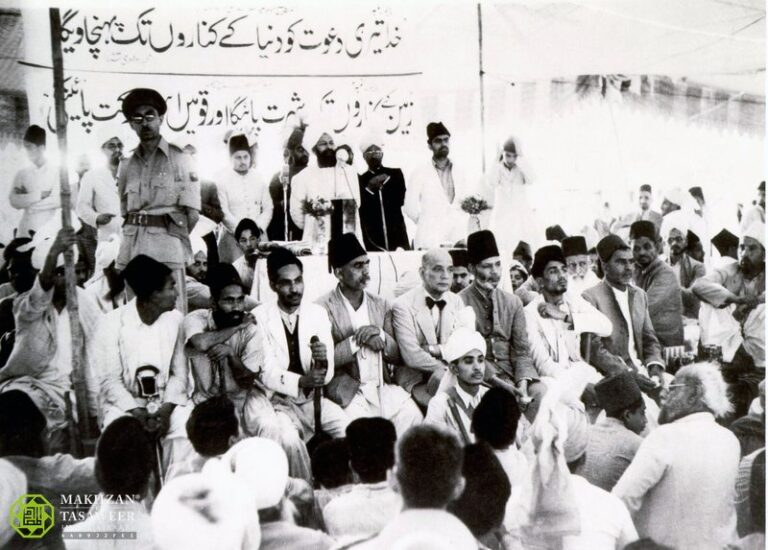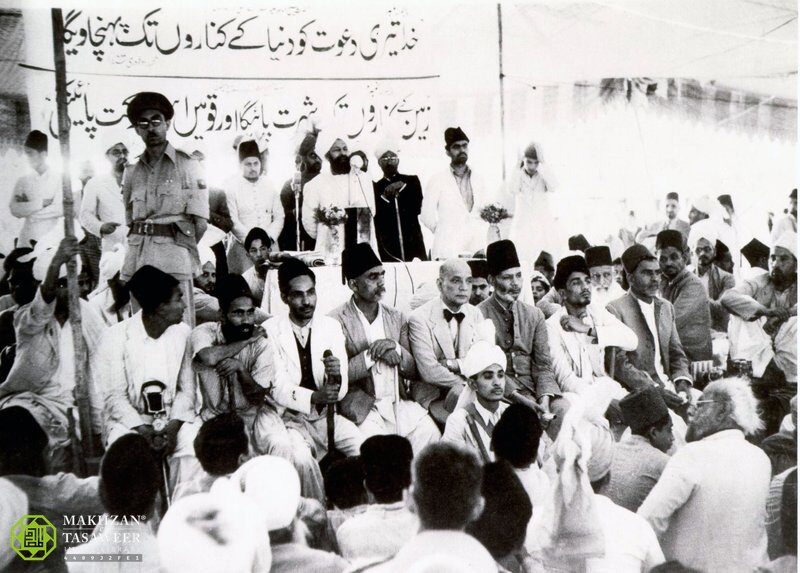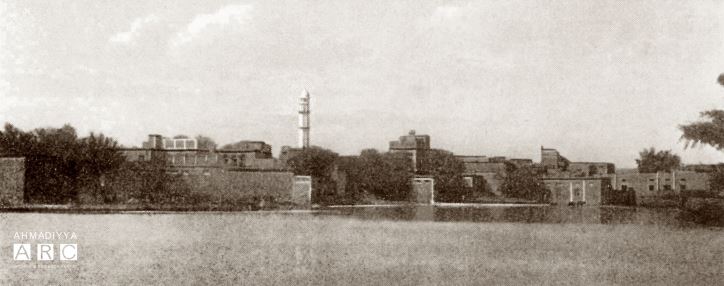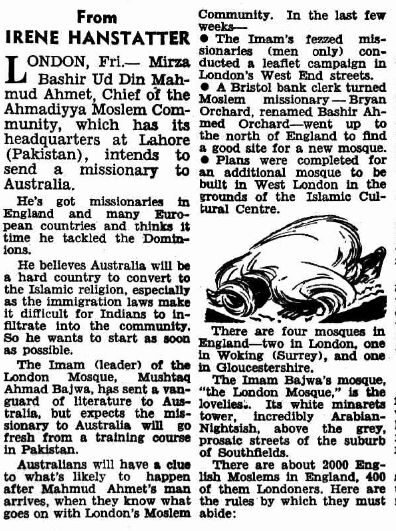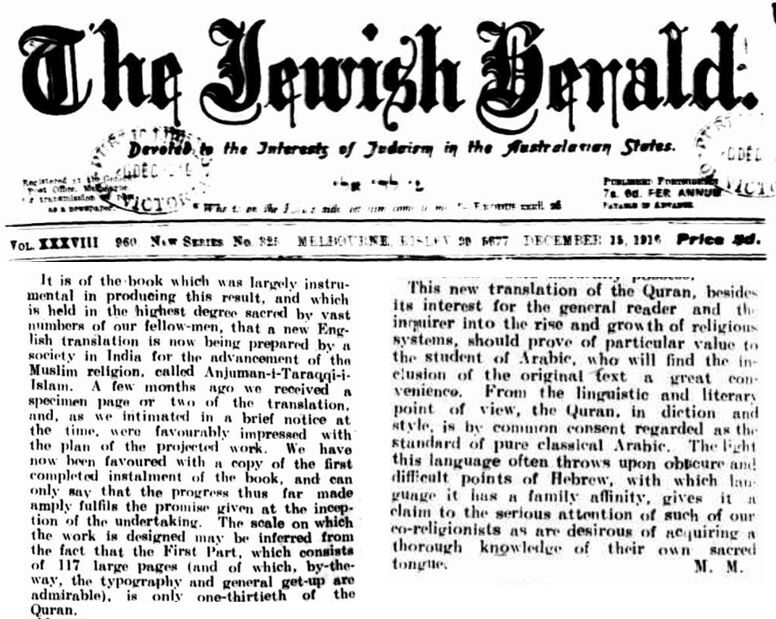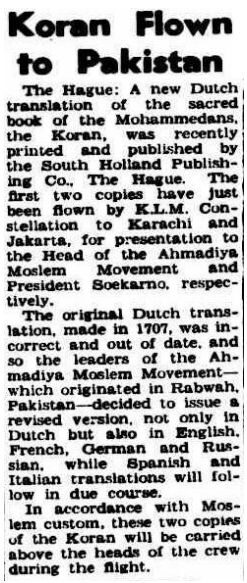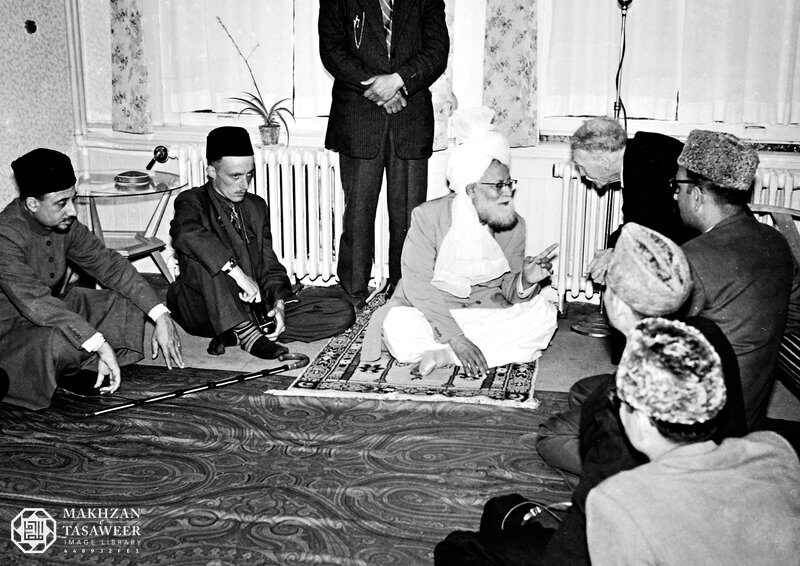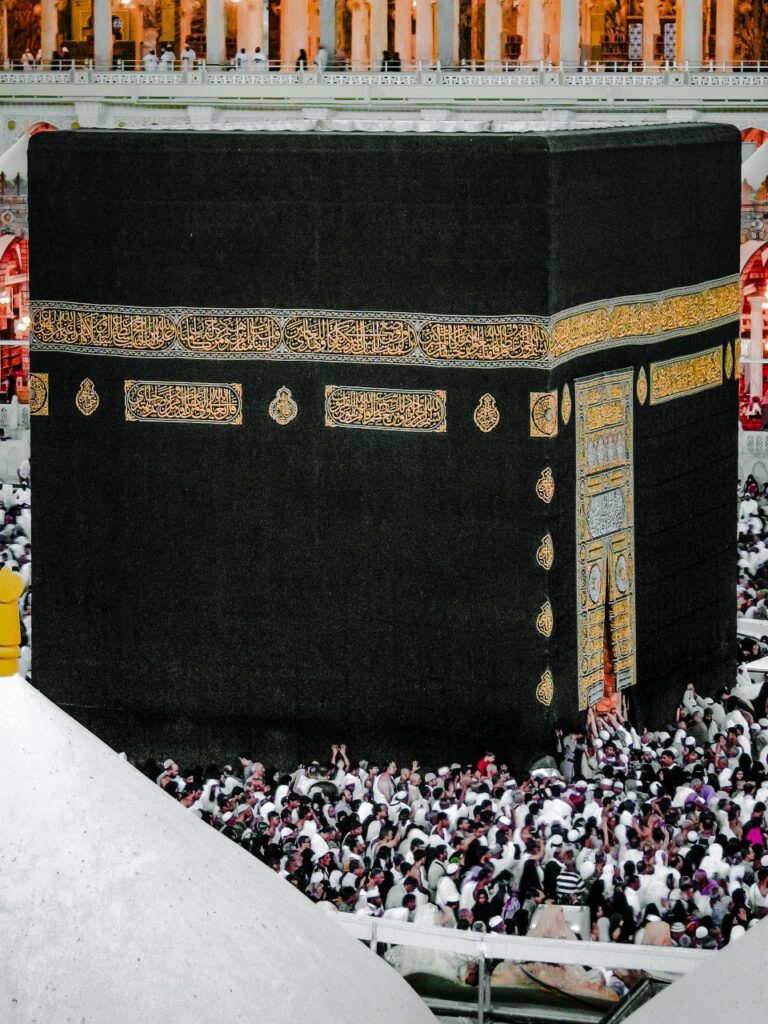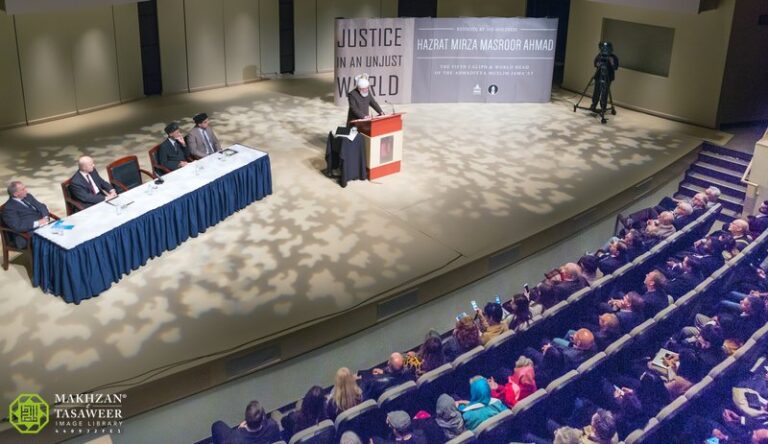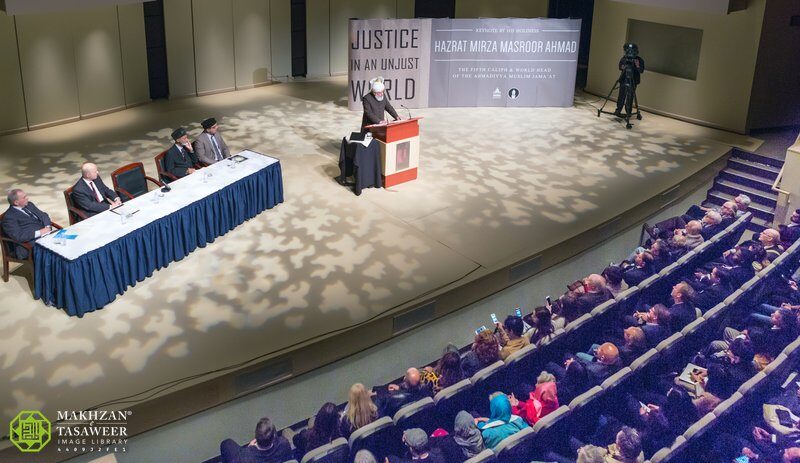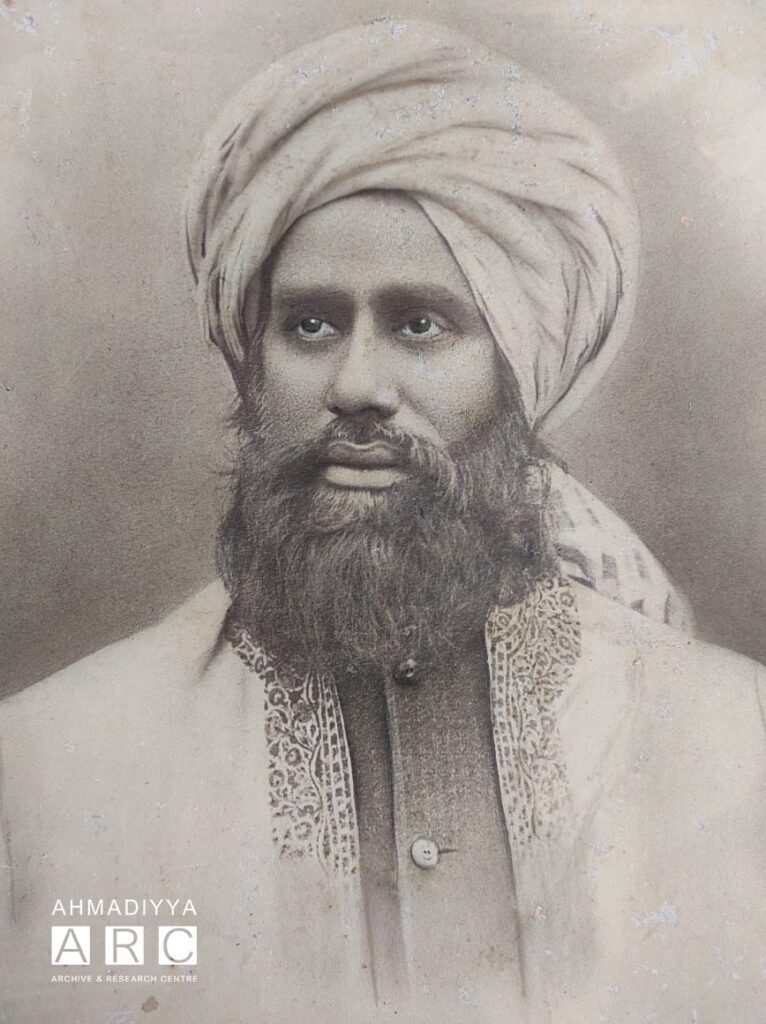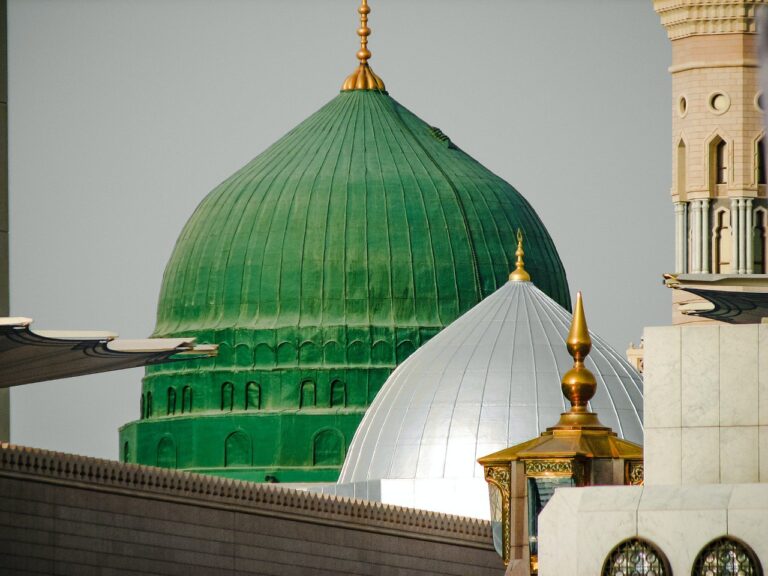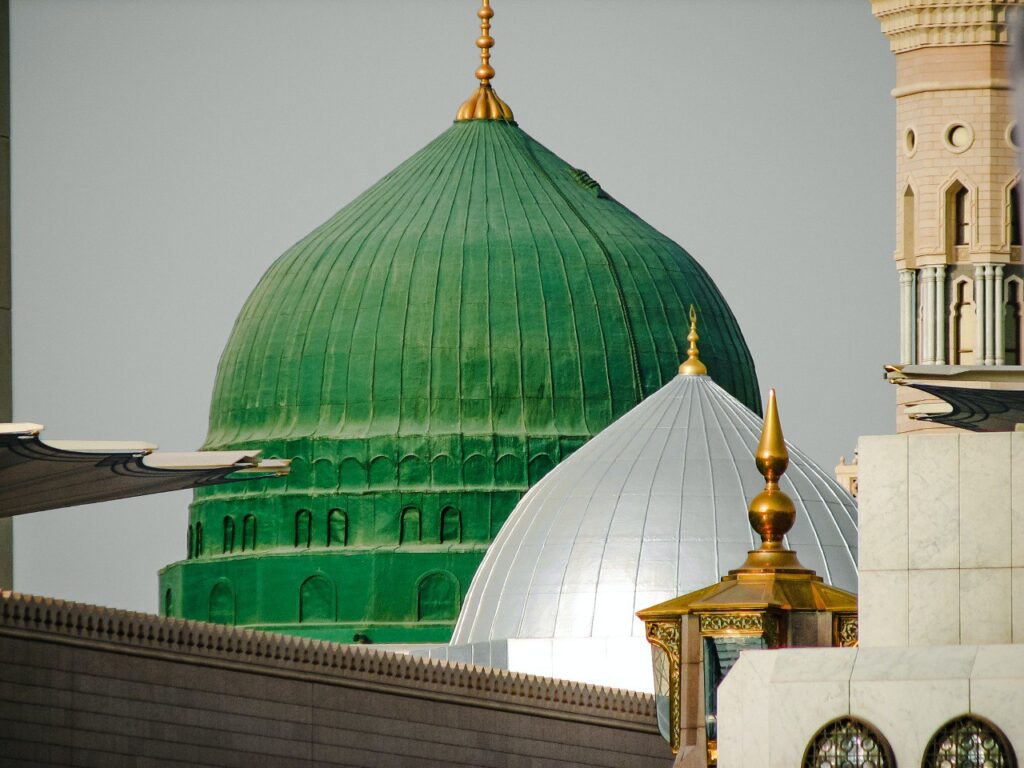Ata-ul-Haye Nasir, Al Hakam
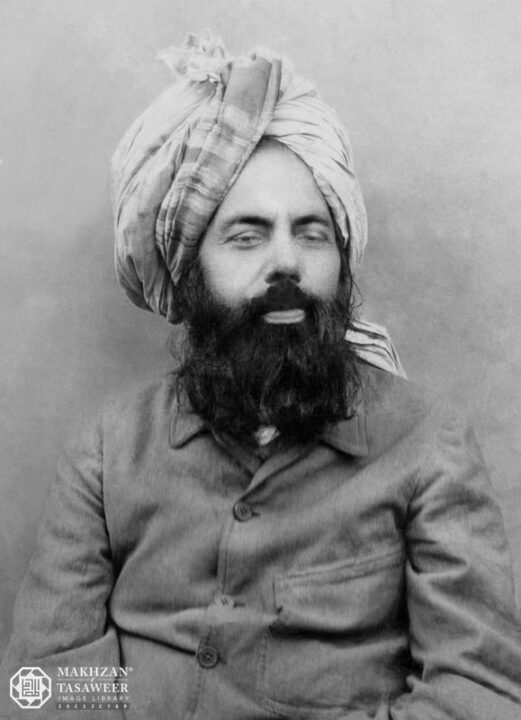
Kindness to all beings is our true nature; without it, we lose our humanity. Hazrat Mirza Ghulam Ahmadas of Qadian, the Promised Messiah and Imam Mahdi, admonished his Community in the following words:
“Be mindful that, in my estimation the scope of sympathy is very wide. One should not exclude any group or individual. I do not say – like the ignorant people of this age – that you should limit your kindness to only Muslims. I say that you should have sympathy for all of God’s creation no matter who they are, whether a Hindu, or a Muslim, or someone else. I never approve of the words of such people who wish to limit sympathy only to their own people.” (Malfuzat [1988], Vol. 4, p. 217)
However, he also instructed his Community – and set it as a prerequisite for being an Ahmadi – to be especially considerate of Muslims because they claim to love our beloved Master, the Holy Prophet Muhammadsa, despite the severe opposition the ignorant among them have shown to the Ahmadiyya Muslim Community.
Against the backdrop of the current ongoing conflict in Palestine and the challenges faced by Muslims, Hazrat Mirza Masroor Ahmad, Khalifatul Masih Vaa, in his Friday Sermon on 27 October 2023, poignantly reminded Ahmadis to offer prayers for Muslims, stating:
“We must feel profound empathy for the plight of Muslims. We believe in that Promised Messiahas, who – despite our being regularly afflicted by them – expressed the following sentiments for Muslims [in a Persian couplet]:
اے دل تو نیز خاطرِ ایناں نگاہ دار
كآخر كنند دعویٔ حُبِّ پیمبرم
“‘O heart, be considerate towards them; For they claim to love my Prophetsa.’ [Izala-e-Auham, Ruhani Khazain, Vol. 3, p. 182]
“Therefore, our love for the Holy Prophetsa demands that we pray intensely for Muslims. May Allah grant us the ability to do so and also to the Muslims. And may He bestow wisdom upon the world. [Amin]”
During his Friday Sermon on 30 November 1917, Hazrat Musleh-e-Maudra spoke about the helpless situation of Muslims and said that the Holy Prophetsa had prophesied that there would be a time when the Muslims would divert from the true teachings of Islam and “they were to get stranded in such a ‘swamp’ [of ignorance] that none of the worldly efforts could save them. Therefore, the Holy Prophetsa said, at that time, the Messiah would come to save those who would be about to drown [spiritually].”
Huzoorra continued:
“In such a situation, the only effective remedy is the help from God, as He sends down a ‘rope’ from Heaven. Since prophets are hablullah [rope of Allah], God sent the Promised Messiahas at that time to save the world. But alas, when God sent down this hablullah, the people attempted to terminate this ‘rope’, instead of holding fast to it. […]
“They [opponents of Ahmadiyyat] desire to efface us, however, we sympathise with them and only pray for them. The Promised Messiahas has also said:
اے دل تو نیز خاطرِ ایناں نگاہ دار
كآخر كنند دعویٔ حُبِّ پیمبرم
“After all, they are claimants of the love for the Quran, Islam, and the Holy Prophetsa. For this reason, we pray for them that ‘O our God, open their eyes so that they may see and benefit from that [spiritual] sun, which You have raised for their benefit, and may they hold fast to the habl [rope] which has been sent by You to save those who are about to drown [spiritually].’” (Khutbat-e-Mahmud, Vol. 5, pp. 600-604)
On 22 February 1920, during a lecture in Amritsar, Huzoorra mentioned the opposition faced by the Promised Messiahas from his fellow Muslims and said:
“The world opposed him and the ones who claimed to be believers in the majesty and greatness of Muhammadsa, also created obstacles. […] Numerous forms of oppression were inflicted upon him; stones were hurled at him [such as in Amritsar on 9 November 1905], and he endured various hardships. However, despite all this, he would say:
اے دل تو نیز خاطرِ ایناں نگاہ دار
كآخر كنند دعویٔ حُبِّ پیمبرم
“Meaning, ‘Regardless of how badly they treat me – despite the fact that I have stood up to propagate the teaching which they themselves claim to love – I remember to show sympathy to them because, after all, they claim to love that Prophet[sa] of whom I am a servant.’” (“Truthfulness and progress of Islam: Hazrat Musleh-e-Maud’s lecture at the Vande Mataram Hall in Amritsar, 1920 – Part 2”, Al Hakam, 16 June 2023, Issue 274, p. 13)
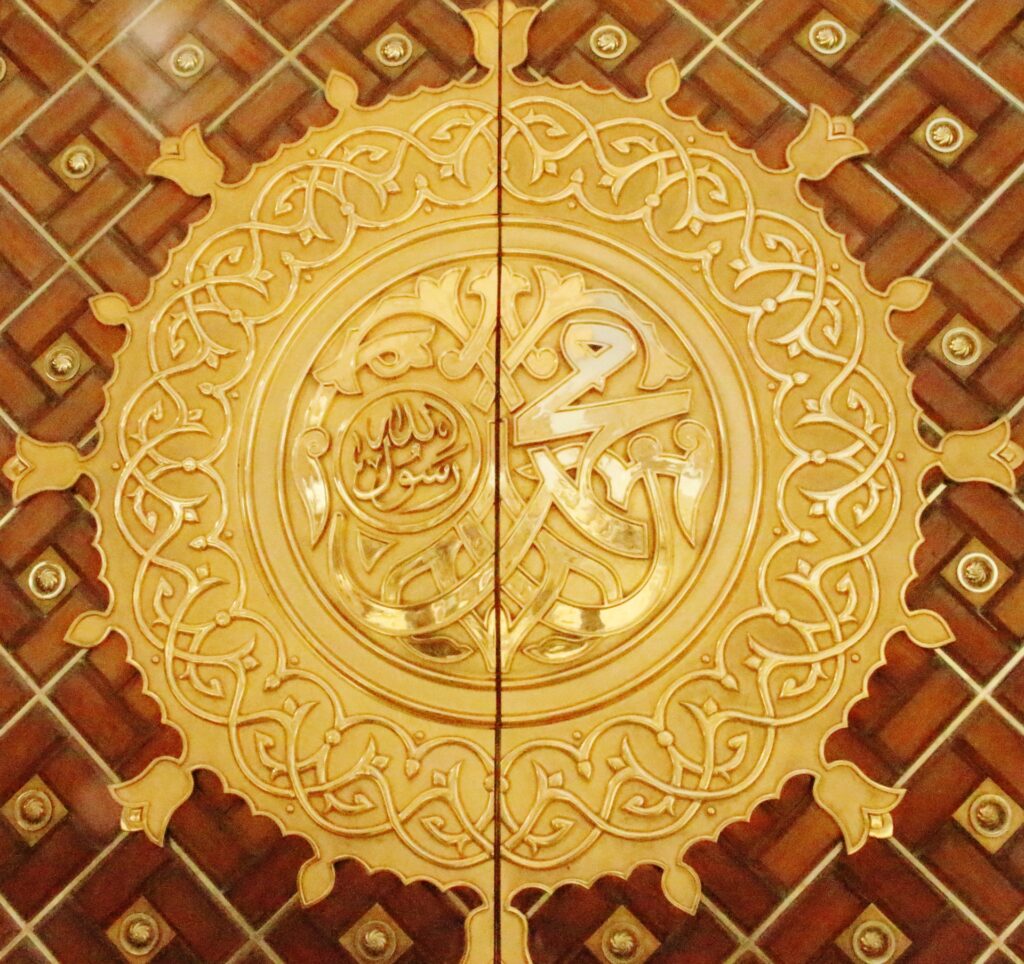
During his Friday Sermon on 16 May 1930, Huzoorra said:
“The current circumstances of the Muslims and the helplessness which has encompassed [the followers of] that religion which came to reform the world and to grant them progress, is evident to everyone who holds even the slightest of love for Islam in their heart. There is no doubt that this era is filled with such impacts which are against religion, and Christianity, Hinduism, Sikhism, Judaism, and Islam, in fact, none of them is unaffected by the dangerous waves which are prevalent against the religion. However, there is a huge difference between the attacks which are carried out against other religions and the ones which are done against Islam, and that difference is so prominent that everyone can easily realise it.
“Currently, there is no religion on the face of the earth other than Islam, whose followers have their revealed Book in its pure form, and no religion other than Islam has ever claimed that their revealed Book is present in its original form and will be guarded forever. […] The endeavours and efforts which are required from the Muslims in current circumstances are of such a high level that one cannot even imagine it. […] These are the days of great turmoil for Islam. […] Vicious storms of opposition are erupting, but the Muslims have turned a blind eye to it so much so that they do not even realise the situation. […]
“You [Ahmadis] have been graced by God Almighty that He has saved you from this trouble by sending His Ma’mur [appointee], otherwise, you would have faced the same situation as confronted by those who have not boarded the [spiritual] ark which have been established by the Noahas of this era. However, you should remember the following saying of the Promised Messiahas regarding them:
اے دل تو نیز خاطرِ ایناں نگاہ دار
كآخر كنند دعویٔ حُبِّ پیمبرم
“Since certain troubles were to come, for this reason, he stated that during the time of such calamities and turmoils, you ought to take care of those people, because, after all, they are amongst the ummah of the Holy Prophet Muhammadsa. Therefore, it is our duty to make every possible effort to safeguard the Holy Prophet’ssa ummah. […] It is only our Jamaat which is moving forward on the right path, and we are required to preach Ahmadiyyat to them since this is the only way to their salvation.” (Khutbat-e-Mahmud, Vol. 12, pp. 400-407)
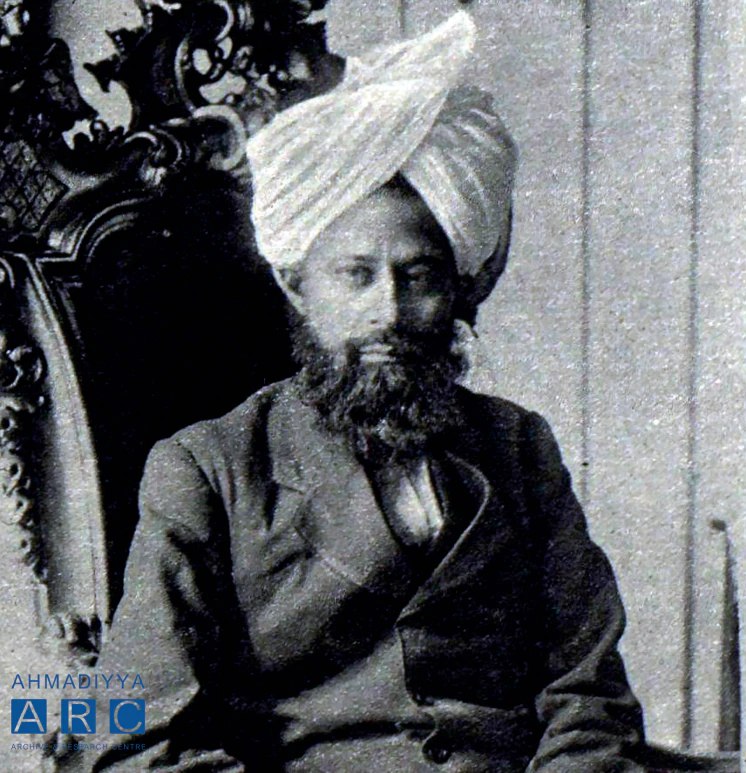
During his Friday Sermon on 14 May 2021, Hazrat Khalifatul Masih Vaa mentioned a speech of Hazrat Musleh-e-Maudra, delivered on 26 November 1950, in Bhera, Pakistan. In that speech, Hazrat Musleh-e-Maudra spoke about the intensifying opposition to Ahmadiyyat. He also mentioned the severe opposition faced by the Promised Messiahas and said that when the opposition was at its peak, the Promised Messiahas received a revelation in the form of the following couplet:
اے دل تو نیز خاطرِ ایناں نگاہ دار
كآخر كنند دعویٔ حُبِّ پیمبرمؐ
Hazrat Khalifatul Masih Vaa stated that even though this revelation has not been found in any narration as yet; however, Hazrat Musleh-e-Maudra has stated that this was a revelation.
Hazrat Musleh-e-Maudra elaborated on this revelation as follows:
“In other words, ‘O Our ma’mur [appointed one]! Even if the Muslims hurl abuse at you, you should still have consideration for them because, after all, why is it that they hurl abuse at you and try to attack you? They attack you and hurl abuse at you because of [their love for] the Holy Prophetsa. Thus, it is important you still have consideration for them.’ […] If such people were to realise that the flame of the Holy Prophet’ssa love which is in my heart is not even present in millions of their people, they would immediately fall at the feet of Ahmadis. These people oppose us because they think that we ‘oppose’ the Holy Prophetsa, but this opposition is owing to the misunderstandings on their part. […]
“If people oppose us and say wrongful things against me, the Founder of the Ahmadiyya Community or you, the members of the Jamaat should remember that these are your fellow brothers and are embroiled in a misunderstanding. Therefore, instead of being angry, you should pray for them and try to inform those who oppose you of the true reality. Once you inform them of the true reality, they will come to know that we are not the enemies of the Holy Prophetsa; rather, we are his true lovers and those very people who are eager to kill us would be ready to sacrifice their lives for our sake.” (Bhera ki Sarzameen mein Eik Nihayat Imaan Afroz Taqrir, Anwar-ul-Ulum, Vol. 22, pp. 85-86, Al Hakam, 11 June 2021, Issue 169, p. 27)
Hazrat Khalifatul Masih Vaa mentioned another excerpt from a Friday Sermon of Hazrat Musleh-e-Maudra, dated 18 July 1952, in which Huzoorra said:
“God Almighty addressed the Promised Messiahas in a revelation saying:
اے دل تو نیز خاطرِ ایناں نگاہ دار
كآخر كنند دعویٔ حُبِّ پیمبرمؐ
“In this [revelation], God Almighty addresses the heart of the Promised Messiahas and makes him say: ‘O my heart! Look out for the feelings and sentiments of the people, lest their hearts become estranged. It should not be the case that you become frustrated and pray against them as they love your Messengersa and it is owing to this love for the Messengersa that they hurl abuse at you.’
“This is the real essence of the matter. We know that amongst those who oppose us, one group is opposing us unjustly, but the other group is opposing us because they have become caught up in the trap of the former. As such, their opposition is due to the love of our Master [the Holy Prophetsa]. When they understand that we love the Holy Prophetsa, they will then realise that we strive to establish the honour of the Holy Prophetsa and that they ought to help us. We will certainly see this day, insha-Allah, for how long will this misconception last?
“A Western author has written, ‘One can deceive the entire world for a few days or one can deceive a few people continuously, but you can never deceive the entire world forever.’ This means that it may be possible to deceive all the people for a few days, or 10 people forever, but it cannot be the case that one deceives the entire world forever.” (Khutbat-e-Mahmud, Vol. 33, pp. 221-223, Al Hakam, 11 June 2021, Issue 169, pp. 27-28)
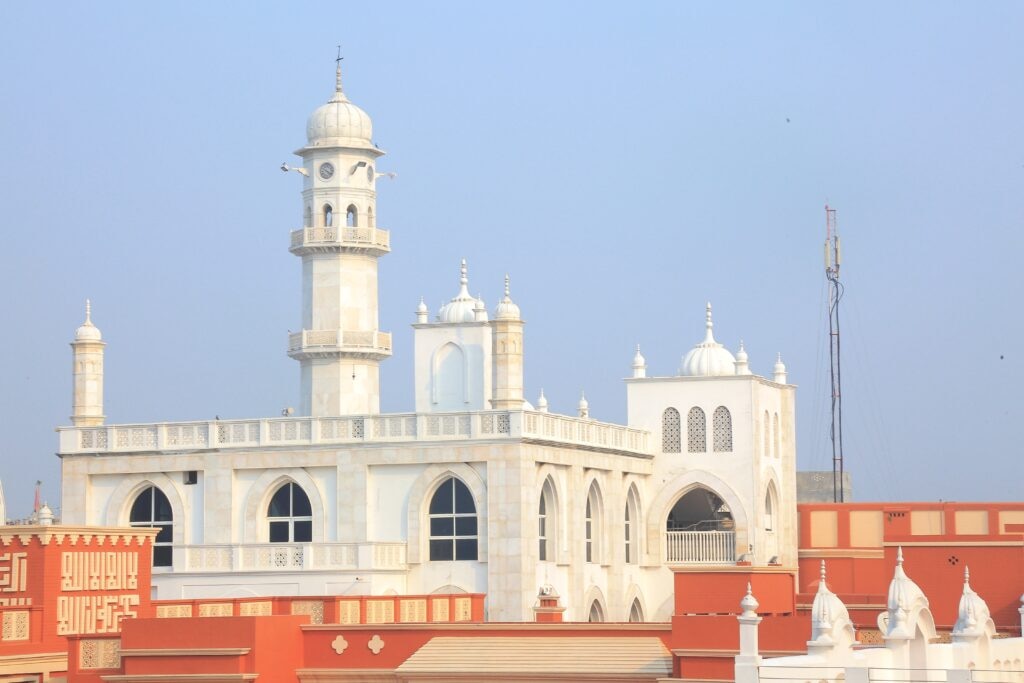
During his address at the Jalsa Salana Rabwah, on 27 December 1953, Hazrat Musleh-e-Maudra spoke about the problems faced by the Muslim World and called the attention of Ahmadis to pray for the betterment of the Muslim Ummah. Huzoorra said:
“Apparently, it is not in our hands to solve these problems, and in regards to the matters in which we cannot do anything, we still have the means of prayer [du‘a]. Therefore, I expect every Ahmadi to specially pray for [the solution of] these complex issues and problems prevailing in the Muslim countries […] so that Allah the Almighty may alleviate these troubles with His grace.
“In addition to prayer, there is another method which can be utilised for [solving] these matters, and that is to provide appropriate advice to people, in order to instil within the nation a spirit to understand and solve their issues. Wherever you go, always give appropriate advice to the people around you, and tell them that these are the days to leave aside the internal disputes, to unite, and to offer sacrifices for their respective country’s interest.
“Always remember that Allah the Almighty has given you the responsibility to protect and serve Islam, for this reason, your hearts need to be filled with love and care for Islam. You are always required to keep in mind this love, no matter what circumstances you face, and sympathy for the Muslims should be your distinctive feature. In order to exhibit practical proof of this sympathy, you are required to pray for them and to give them apt advice as well.
“The Holy Quran states:
اِنۡ نَّفَعَتِ الذِّکۡرٰی
“‘So keep on reminding: surely, reminding is profitable.’ [Surah al-A’la, Ch. 87: V. 10)
“Another way which you can utilise to eradicate these problems is to be ever ready to face any kind of circumstances. Every Ahmadi needs to make a determination that if, God forbid, their [respective] country is faced with any kind of affliction, they will give precedence to the country’s protection and sovereignty, even at the cost of sacrificing their wealth, property, land, or in fact anything.
“Remember, do not ever underestimate the power of will and determination, it is very crucial, and this is the factor which will prepare you for practical efforts at the time of need. There is a big difference between ‘being ready with full strength’ and ‘being ready at the right time’. Therefore, get ready right now, and be determined to be at the forefront to protect your [respective] country at the time of any affliction.
“In short, the current state of the Muslim world is just like the tongue between 32 teeth, which demands from the Muslims to unite by removing their internal disagreements. […] Members of the Jamaat are required to realise the gravity of this situation and to fulfil their responsibilities. Meaning that, on one hand, they should pray [for the Muslim world] and instil within the people a national spirit by giving them appropriate advice, and on the other hand, get ready to face the difficult circumstances.” (Al Fazl, 5 January 1954, p. 4)
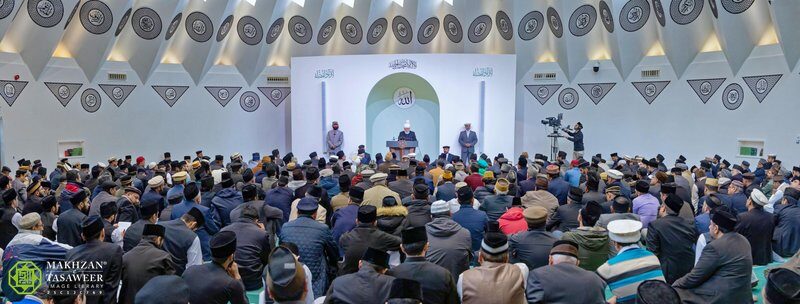
During his Friday Sermon on 14 May 2021, Hazrat Khalifatul Masih Vaa mentioned the opposition to the Jamaat and said:
“Despite listening to their harsh statements, we continue to pray for the Muslims in general. We are pained by their suffering and this indeed is due to the teachings of the Promised Messiahas and this was the very instruction given to him by Allah the Almighty as well. The cruelties which they perpetuate are owing to their misunderstanding and due to their love for the Holy Prophetsa, which they claim to have, irrespective of whether they actually demonstrate it or not, but nonetheless, this is what their claim is.” (Al Hakam, 11 June 2021, Issue 169, p. 26)
Huzooraa further said:
“We ought to pray for our opponents. As I mentioned earlier, this is what the Promised Messiahas has taught us that we ought to pray for them and it is from among these people that such ardent devotees will emerge and accept [the message].” (Ibid., p. 27)
Huzooraa continued:
“When these people oppose us, it is beneficial for us; through this [opposition], the message of Ahmadiyyat is reaching those places it had never reached before, or we did not have the means to spread the message there. Subsequently, some people from among them make contact with the Jamaat. Therefore, it is our responsibility to pray and remain patient and this is the best way which will grant us success, insha-Allah. It is our task to ensure our thoughts and sentiments are free from any malice against our fellow Muslims. Continue to pray for them – may Allah the Almighty quickly open their eyes and may they recognise and accept the Imam of the age.” (Ibid, p. 28)

